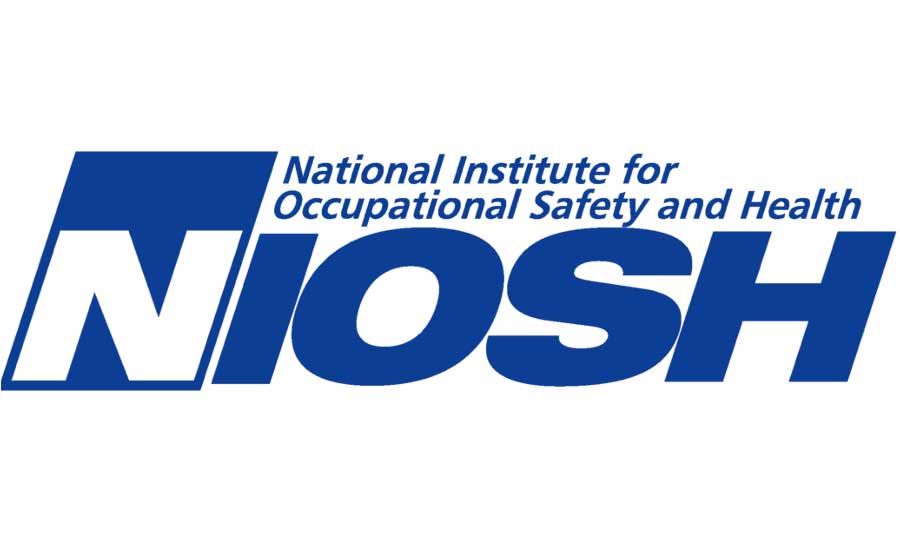Having a “dream job” is an aspiration for many people, but without a good boss, a dream job can become a nightmare. Our front-line supervisor or manager plays an unparalleled role in creating and sustaining safe work environments, health supportive-policies, and psychosocial safety. The best bosses partner with workers to design healthy jobs that provide meaning and social support and are rewarding –in all senses. A great leader can positively impact our health, quality of life, and worker well-being. According to NIOSH and RAND, the domains of worker well-being include physical environment and safety climate; workplace policies and culture; work evaluation and experience; health status; home, community, and society. In honor of National Bosses Day, we found a few examples of salutary practices by fictional bosses that advance worker well-being:
- One of the most hazardous work environments for humans is outer space, but with Jean Luc Picard in charge in Star Trek: The Next Generation, priority is placed on the safety and health of the crew. Through his leadership, regardless of the future of work and the extraterrestrial physical, biological, chemical, or radiation environment, there is always a safety climate.
- Workplace policies may seem strict at Brooklyn Nine-Nine under stoic Captain Raymond Holt, but he establishes an inclusive and supportive culture. He recognizes workers’ strengths and is dedicated to and a champion for the squad. Gems from him include: “A real leader doesn’t zap people when they mess up. They teach them how to fix the problem.”
- Much of the positive work experiences of Suits’ Mike and Harvey would be attributable to Jessica Pearson. Despite working in a toxic, high stress, hyper-competitive law firm with long hours, Jessica Pearson recognizes potential in workers, invests in them, mentors them, and sticks by them at critical times.
- Our health status plays an important role in our well-being, and there are many opportunities for bosses to help the health of the workforce. For example, workers with supportive managers have lower risk of cardiovascular disease. M*A*S*H’s Colonel Potter was the beloved leader of a group of surgeons during the Korean War. His leadership style was accepting of the wide range of personalities he commanded. He worked to build trust among his Soldiers and he let them do their jobs in their own way while holding them accountable.
- Home, community, and society are important to Leslie Knope in Parks and Recreation. As passionate as she is about her job, she believes that friendships are more important than work. Her job gives her the opportunity to help improve her community and help make others’ lives better.
These characters are far from perfect, but demonstrate some exemplary traits. It was not easy to think of these examples of healthy leadership in popular media. Apparently, bad bosses are more entertaining to watch. But that’s the extent of their contributions to our well-being. Good bosses, on the other hand, contribute to our well-being in many ways. Best practices of healthy supervision, available through training and resources from the NIOSH Office for Total Worker Health® and partners, can help supervisors improve safety and health, as well as organizational performance. In essence, our favorite bosses understand that work can be a recognized means of achieving worker well-being.
Who are some of your favorite fictional bosses? How would working for them contribute to your well-being?





